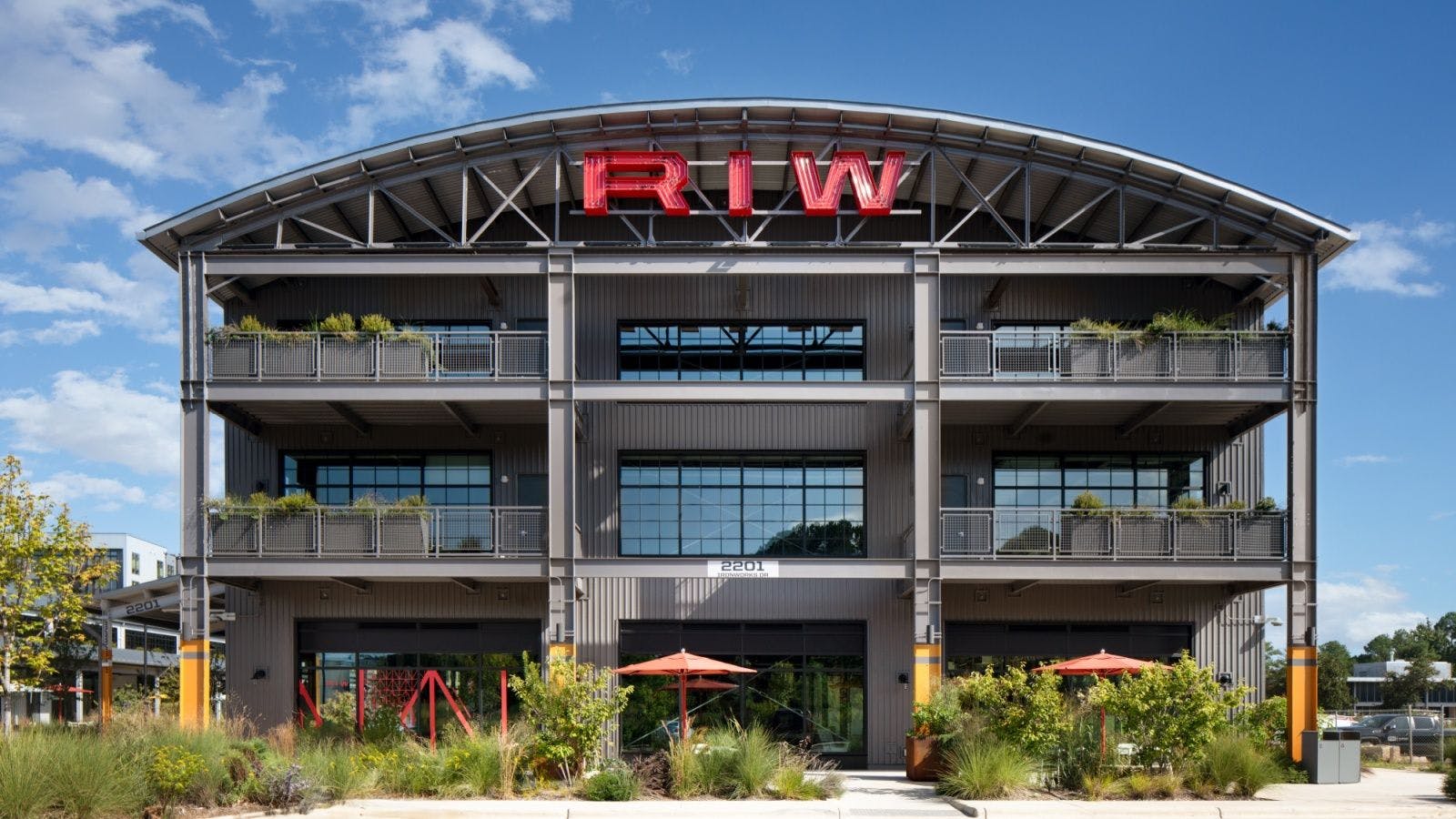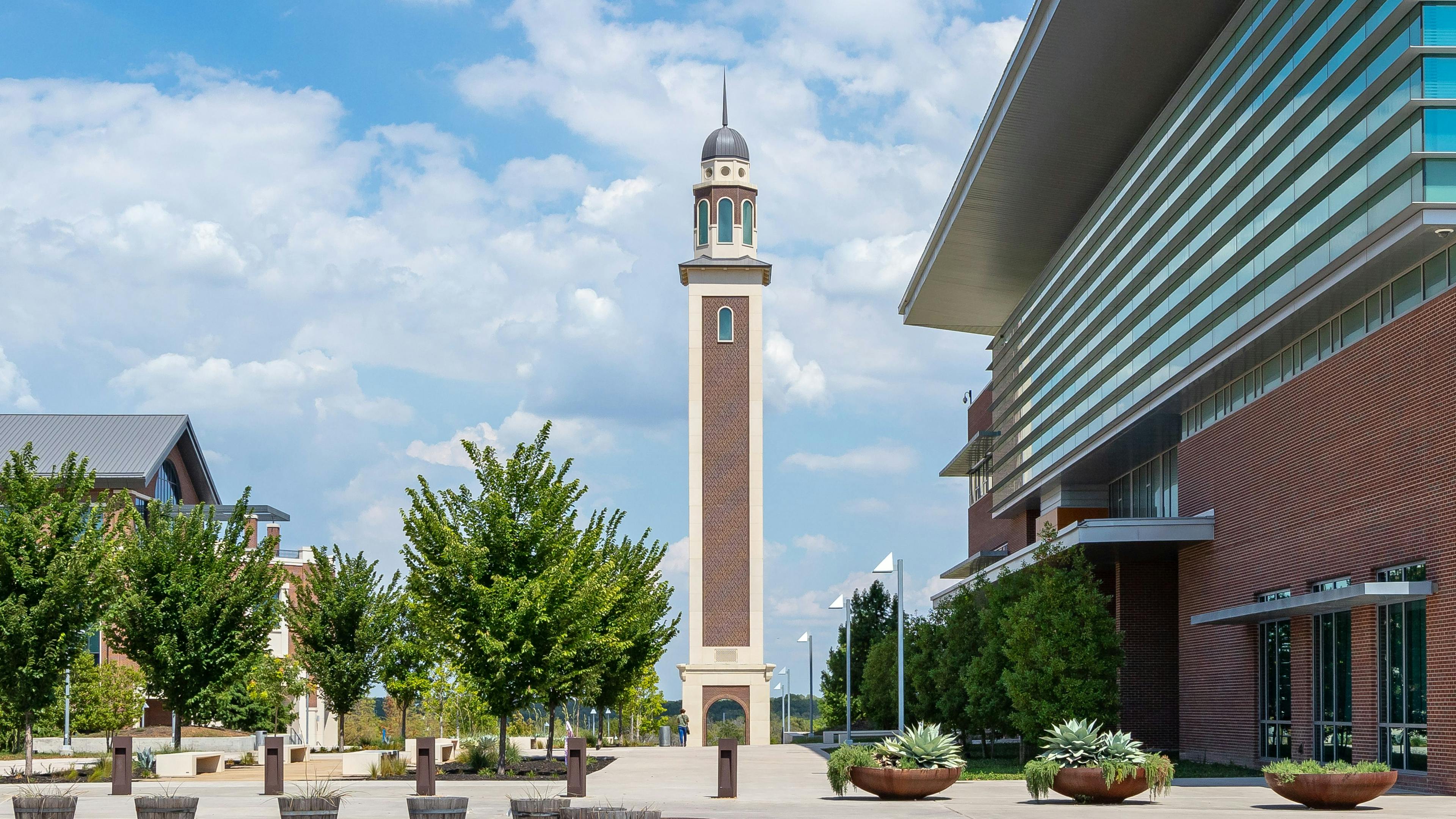
Great Expectations: Is Your 2024 What You Thought It Would Be?
Nearly a month into Q2, is your 2024 all you wanted and more? Economists and industry experts shared their predictions at the end of last year, but now Construction Executive checks in with Dan Rosenberg, a construction and real-estate lawyer with Much Shelist P.C., about his expectations for the year going forward.
Overall, what were the main trends you saw in 2023?
I would say that what we saw the most of in 2023 was less office and residential, high-rise residential getting started and getting financed. And the bigger projects that we were seeing tended to be either infrastructure related or manufacturing related. There are major incentives and dollars out there for infrastructure and manufacturing. And I think that those are having effects on the market and moving things. And from talking to my contractor clients, that's what they are seeing as well.
Regarding those residential, high-rise projects, I think a lot of people are burning off backlog. A lot of projects got started just after 2021, 2022. There was money out there for a lot of those projects and a lot of those projects got going. I think there's some concern from folks that build residential high-rise office about what the market's going to be like in 2024.
Based on the events of 2023—interest rates stabilizing, labor costs rising, backlog burning off, government incentives—what are some trends you see as we move further into 2024?
With lending, there are two components that I’m seeing. One is just the raw interest rates. How much does it cost? Can projects still make money at this higher cost of [borrowing] money? And I think that's still a bit of a challenge. So, I think that as interest rates are coming down, we'll see more projects. The folks smarter than me are projecting that there's a good chance toward the second half of the year that the interest rates will come down. And I think that will jumpstart some of the developer-driven work getting going.
The other thing that I see in here with lenders is, last year, it was really hard for lenders to lend money because they were worried that rates would keep going up. There's risk and exposure to a bank or a lender if they lend at 6%, but three months later that rate that they should have been charging is at 8%. But as the market stabilizes, the risk to the lenders is lower. I think that's going to mean that there's more money available to the market. So, I think there's a better chance of [projects] getting going right now than there was maybe this time last year.
Do you see booming sectors—like multifamily housing—continuing to boom into 2024?
What was getting built last year was largely driven by financing being signed in 2022, when the rates were so much lower. There's a delay between when you're financing gets committed and when we start to see the construction side of things. I think we will have to see rates come down for that to continue to boom. But eventually we're going to get more high-rise residential just because of the housing shortage. At the end of the day, the only way to get the price of an apartment or a condominium to calm down or at least stop going up is to create more supply. There is much more acknowledgement [now] that we have to have growth, we have to build more units, we have to get more construction going in order to bring prices down.
Why might construction companies still be risk averse regarding projects, and to what risks would they be averse?
The biggest reason someone will reject a project right now, especially among private developers, is if they can't make money. I think that's what's keeping some people on the sidelines. So, interest rates coming down obviously makes changes to those economics.
But then it has been really hard to get financing. Even when developers can afford a loan, they’ve been having trouble getting lenders to commit. The lenders were risk adverse because they were afraid interest rates were going to keep going up, and they were going to have a loan on their books that looked okay at the time but in a rising-interest-rate environment is no longer very attractive.
I think we're at stabilization where it doesn't look like rates are going to go up. What I've heard from lenders and my developer clients is that there's more of an appetite for lending money, which makes it easier to get things built. So, I think that's probably of all the factors. The good, old-fashioned, "are we going to make money?" is by far the most important.
Do you expect projects to now be built to completion more consistently, or will project delays, stalls and stops be something the industry has to regularly deal with, despite a pandemic or inflationary economics?
I think the supply-chain constraints are becoming more predictable and therefore more manageable. So that's going to lessen the effect on delaying projects, but it's still longer than it was. The manufacturing capability was [dependent] on the time of delivery of materials. So now people are storing key components, they're ordering them early, and they're putting them in warehouses, even if they can't put them straight into a building. Now people are spending a little more on storage and warehousing than they were in 2019, for example to deal with that.
How will the election this year impact how the industry functions?
I think that election years tend to create volatility and a lack of predictability. No one knows what's going to happen right now. A lot of times, when nobody knows what's going to happen, less gets done. That may have a negative effect on construction starts because there's a lack of predictability.
I've seen cyclically in the past: Sometimes things don't happen, then the election happens and then a bunch of things happen after that. We may see that this year. A lot of contractors that I've talked to are concerned that there aren't going to be as many construction starts in 2024 for some of the reasons we've already talked about, but also for some of those political reasons.
What are some technology trends to are seeing, expect to see or hope to see in 2024?
Even something as simple as Zoom and Teams I would say has had a positive effect on the industry. It hasn't dramatically affected productivity yet, but I wonder if that's going to happen. There's a lot of thought leaders out there that are raising the issue that productivity for construction has stalled. So, what's going to increase productivity? I don't really have any answers, but I know there's a lot of people that are trying to figure out ways to really drive productivity up with technology.
Being able to collaborate more quickly—jump on a Zoom or a Teams—with the contractor and architect and share drawings and being able to do that from all over the country, that is easier today than it was going into the pandemic.
I've seen a lot of talk about AI, but at least personally, I haven't seen direct impacts of AI in the industry. But I think that's coming. And I think that's going to be really fascinating to see and understand.
What has been most exciting, most challenging and most shocking to you about this year so far?
The thing I’m most excited about is the stabilization of rates, and hopefully that will get projects going. The thing I'm most nervous about is the uncertainty with an election and the delay that that might cause.
When I help people buy and sell construction-related companies, the way that market has worked has changed with the rise of interest rates. What we saw in the last year is that there have been a lot fewer deals done with lending and more equity deals where people are buying companies with the cash that they have, rather than borrowing the money to do it. I think that in turn has deflated the prices that people are willing to pay to buy construction companies and that that's going to continue. But as soon as the rates start to materially drop, I think that's going to have a really interesting effect on pricing and lending on deals surrounding construction companies.
Related stories








